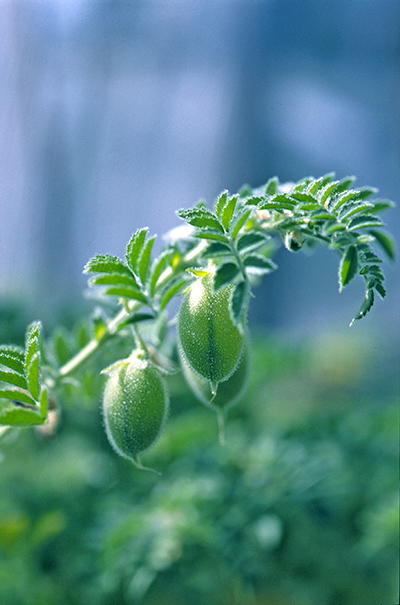Agriculture biggest tick for national GDP growth
AGRICULTURE has become the largest contributor to Australian GDP growth in 2016-17, contributing more than a quarter of the nation’s total 1.9 percent expansion.
Australian Bureau of Agricultural Resource Economics (ABARES) figures released in August show the agricultural sector also grew the fastest of all 19 industries in 2016-17 — up a creditable 23 percent to realise 0.5 percent growth for the 2016-17 financial year.
Livestock and cropping industries were the major contributors, but other billion dollar agriculture industries also significant, according to Deputy Prime Minister and Minister for Agriculture and Water Resources, Barnaby Joyce. 
Mr Joyce said the agriculture sector grew the fastest of all 19 industries in 2016-17, particularly driven by the grains and livestock industries, but with other agricultural industries also performing strongly.
“Australian agriculture contributed 0.5 percentage points of the nation’s total 1.9 percent growth over the course of the year, an outstanding contribution given the size of the sector compared to total national GDP,” Mr Joyce said
Agriculture contributed more than $50 billion in exports in 2016-17, just under 14 percent of Australia’sr total goods and services exports. This is up from $41 billion five years ago.
“While grains and livestock products each contributed around $10 billion each to this export performance, other agricultural industries are also billion dollar performers,” Mr Joyce said.
“For example, in 2016-17 our pulses exports to the world were worth over $3 billion, wine exports $2.4 billion, nuts exports $822 million and citrus over $330 million.
“Australia has seen great growth in produce to markets such as India. India is going nuts for Australia’s nuts with value of almond exports up over 50 percent for the first half of 2017. Chickpea exports to India increased by almost 90 per cent in 2016-17 to a record value of $1.1 billion.”
Mr Joyce said strong growth had seen China overtake the US as Australia’s most valuable market for wine, for the first time. Wine exports to China totalled $596 million in 2016–17, a 43 percent increase on the previous year.
“The Coalition Government has delivered strong agriculture policies, including opening up market access for Australian producers to some of the nation’s most important export markets, including free trade deals with China, Japan and Korea,” Mr Joyce said.
“Through the Coalition’s $4 billion Agricultural Competitiveness White Paper we have been working to create a better business environment for farmers, and to build the infrastructure needed to support continued growth — through a whole raft of policies, which our agriculture sector is responding to with enthusiasm.
“These policies and investments have provided a solid foundation for growth, and it is great to see how effectively Aussie farmers are capitalising on the opportunities on offer to increase production and exports.
“The Coalition Government has a real vision for Australia’s agriculture sector and from day one we have delivered practical policies and genuine investment to turn the show around and transform agriculture in this nation
“I hate to think what the state of agriculture and the support for our farmers would be under Labor, I don’t even think they have an agriculture policy—have nothing to say on the subject.”
IN DETAIL
- Gross value of farm production is estimated by ABARES to have reached a record $62.8 billion in 2016-17.
- The value of farm exports alone is estimated by ABARES to have reached a record $48 billion in 2016-17, plus fisheries exports of around $1.4 billion and forestry product exports of more than $3 billion.
- Total value of Australian nut exports was $822 million in 2016-17, with India the largest market for Australian nuts at a value of $143 million.
ends

 How to resolve AdBlock issue?
How to resolve AdBlock issue?